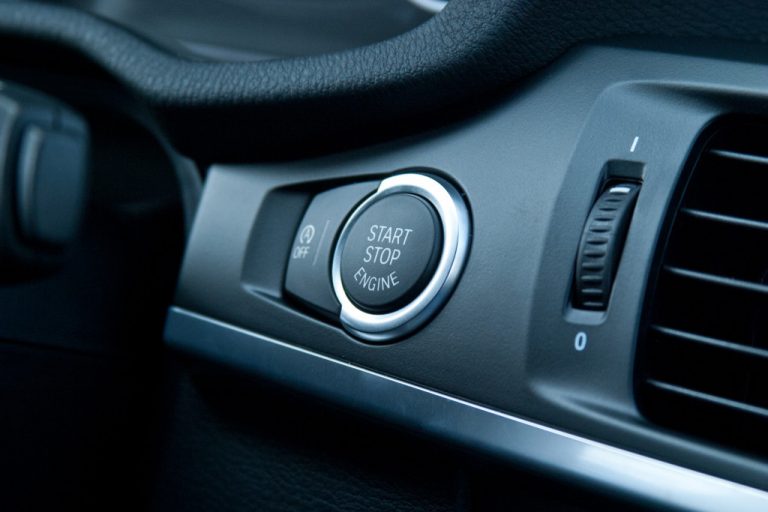Maintaining a fleet of vehicles is a critical part of running a business. By ensuring that your vehicles are properly maintained, you can reduce wear and tear, prevent accidents, and improve fuel efficiency. Vehicle maintenance is an important part of keeping your fleet running smoothly and efficiently.
The importance of vehicle maintenance
Vehicle maintenance is important for several reasons. First and foremost, it helps to prevent wear and tear on your vehicles, which can save you money in the long run. It also helps to prevent accidents, which can not only cause damage to your vehicles but also injuries to your employees. And finally, proper vehicle maintenance can improve fuel efficiency, saving you money on fuel costs.
What’s more, keeping your vehicles properly maintained is required by law. In the United States, the government determines minimum standards for vehicle emissions and safety. Vehicles that don’t meet these standards can be costly to repair or maintain. That means you could face fines if your fleet doesn’t meet these standards.
Why proper maintenance is key to reducing wear and tear
Proper maintenance is important for fleet managers because it can reduce the number of costly repairs that are required over time. Vehicle maintenance is what keeps your car or truck regularly checked and in optimum condition. Without regular checks, you could experience serious problems with your engine, drivetrain, suspension, brakes, and other important components. For example, if you don’t perform regular oil changes, you could find that your engine has deteriorated or will need to be replaced entirely.
How vehicle maintenance can prevent accidents
Proper vehicle maintenance is important because it helps to prevent accidents. When your fleet vehicles are well-maintained, they’re less likely to break down unexpectedly. Your vehicles will also stop more quickly and efficiently if you regularly change your brake pads or flush your brake fluid. If you check the pressure in all of your tires at least once a month, your tires will also last longer.
It’s also important to keep your vehicles regularly tuned up, which can prevent problems with the spark plugs, wires, or fuel injectors. Regularly checking and replacing these items will ensure that your engine starts easily since you’ll have a strong spark at each ignition point. Replacing old spark plugs every 30,000 miles can also save on gas mileage since it reduces carbon buildup in the engine.
Especially for long-distance and heavy haul transports, following a proper maintenance schedule is important for drivers and management alike. In heavy haul transport, driver safety should be of primary concern to management in terms of preventing accidents. When your heavy equipment truck starts making noises, it’s time to bring it in for an inspection before something breaks completely and causes
How proper vehicle maintenance affects fuel efficiency

Proper vehicle maintenance can improve fuel efficiency in several ways including driving habits and routine checks. For example, when you keep your engine tuned properly, you’ll have better gas mileage between tune-ups. You can also save on gas by keeping your tires properly inflated and aligned. When you follow a regular maintenance schedule, your engines will last longer and require fewer repairs — saving you money on parts and labor costs over time.
What’s more, checking your vehicle’s brakes regularly can prevent problems like overheated brake fluid or warped rotors that lead to poor braking and heavy wear and tear on your brakes. Regularly checking and replacing worn parts can also improve gas mileage because you won’t have to press the gas pedal as far before accelerating. Finally, when you keep your heavy equipment oiled, clean, and well-lubricated, it reduces friction in your vehicles and helps save on fuel costs.
Common problems with fleet vehicles and how to fix them
The most common problems with fleet vehicles are overheating and overworking the engine, so monitoring your vehicle’s heat gauge is important. If you notice that the needle on the heat gauge is constantly in the hot area or has blown past hot and into the red zone – it’s time to let your heavy equipment mechanic look at your engine.
Fleet management can be a difficult task, and there are several common problems that fleet managers face. One of the most common problems is vehicles that break down unexpectedly. When your vehicles are properly maintained, however, you’re less likely to experience this problem.
It all boils down to good fleet management, and the best way to manage your fleet is by taking care of each vehicle regularly using a standard maintenance schedule. By following this schedule you’ll save money in the long run because your vehicles will last longer, give you fewer problems, and improve gas mileage, which can add up over time.




